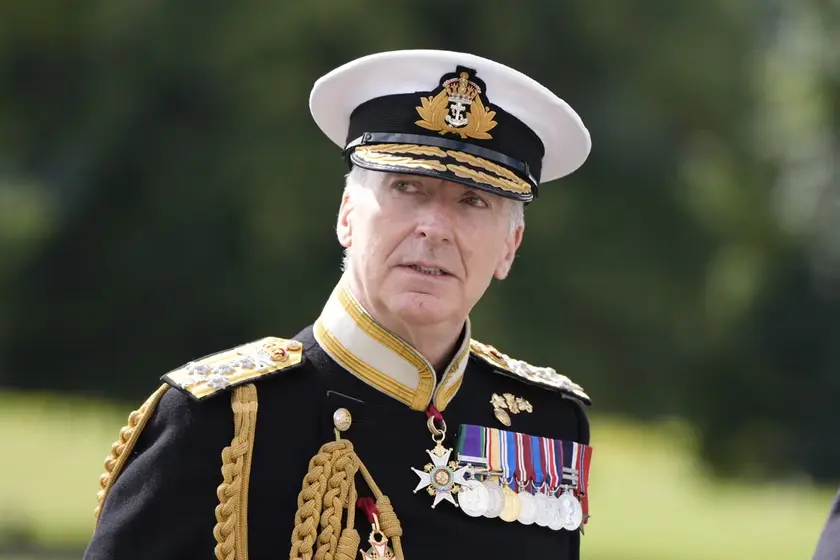T4K3.news
Peace talks hinge on Western unity
Zelenskyy says Russia avoids meetings on peace while Trump pushes for tougher steps; EU energy and Moldova signals add to the regional backdrop.
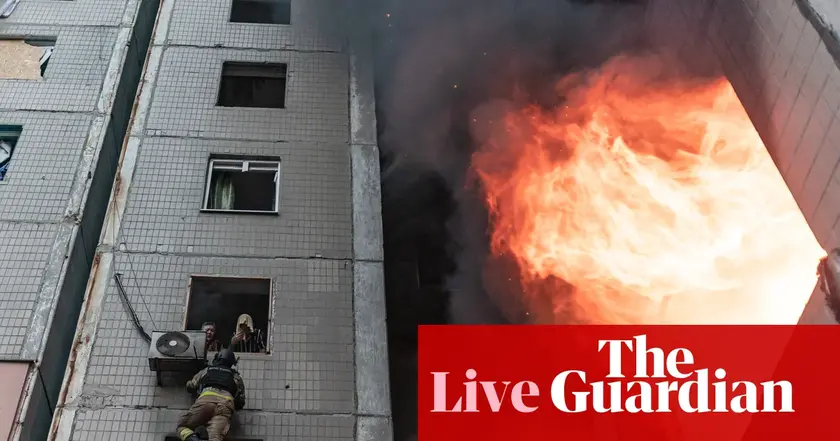
Zelenskyy argues Russia aims to avoid meeting to discuss peace while Trump favors stronger offensive steps to pressure Moscow.
Zelenskyy accuses Putin of stalling peace talks as Trump urges tougher moves
Ukrainian president Volodymyr Zelenskyy has said Russia is trying to wriggle out of a meeting to discuss peace arrangements, arguing that Moscow does not want to end the war. He pointed to ongoing Russian strikes on Ukraine, including an attack on a facility linked to an American company in Mukachevo, and provocative actions toward NATO members. Zelenskyy noted that diplomacy must continue, while also endorsing Donald Trump’s suggestion of more offensive actions as a means to pressure Russia.
Observers say a direct Putin-Zelenskyy meeting remains unlikely in the near term because of deep disagreements over issues such as prisoner exchanges and the status of occupied territories. In Europe, officials circulated updates on sanctions and energy security, including concerns over oil supply via the Druzhba pipeline after Ukrainian actions disrupted deliveries. Moldova’s leadership will receive a pro-EU visit from Macron, Merz, and Tusk ahead of elections, signaling continued Western backing for Moldova’s European path. EU foreign policy discussions and the broader Western response underline a shared goal: maintain pressure on Russia without triggering an immediate escalation.
Key Takeaways
"They don’t want to end this war"
Zelenskyy on Russia's willingness to engage in peace talks
"Pressure must be exerted on Russia to end the war"
Zelenskyy calling for firm international action
"There is no chance of winning"
Trump on fighting changes during the conflict
"Russia does not want peace"
Kallas describing Moscow's stance
The rhetoric around peace talks sits at the intersection of diplomacy and domestic politics. Zelenskyy frames Putin as seeking to stall, which sets a tough baseline for Western partners as they weigh sanctions, military support, and the risks of misinterpretation. Trump’s public call for more aggressive moves injects a political dynamic that could complicate genuine negotiations or set expectations that may be hard to fulfill. The risk is not just a stalled process but a drift toward escalation driven by symbolic gestures and counter-gestures.
Beyond rhetoric, energy security and regional diplomacy remain constant pressure points. Disruptions to the Druzhba oil pipeline reveal how energy policy can influence political leverage and public perception in Europe. Moldova’s pro-EU orientation and the EU-US sanctions cadence indicate a strategy of steady pressure aimed at shaping Russia’s calculus, even if a breakthrough with Moscow remains distant. The coming days will test whether diplomacy can translate tough statements into concrete steps toward ending the conflict.
Highlights
- They don’t want to end this war
- Pressure must be exerted on Russia to end the war
- There is no chance of winning
- Russia does not want peace
Political sensitivity and escalation risk
The piece centers on high stakes diplomacy and the risk of miscalculation as leaders mix accusations with sanctions and potential military pressure. The rhetoric around peace talks carries potential backlash at home and abroad and could push actors toward tougher postures rather than negotiations.
The path to lasting peace will depend on steady diplomacy more than loud rhetoric.
Enjoyed this? Let your friends know!
Related News
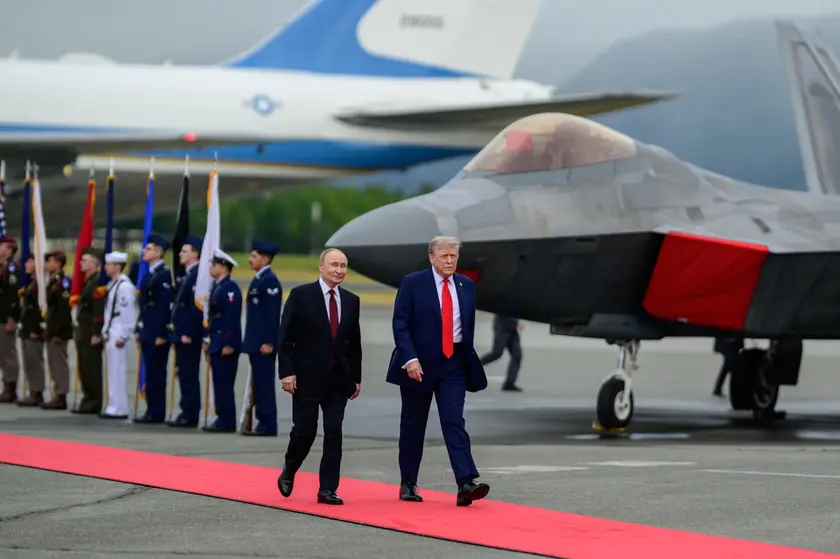
Putin gains legitimacy at Alaska talks
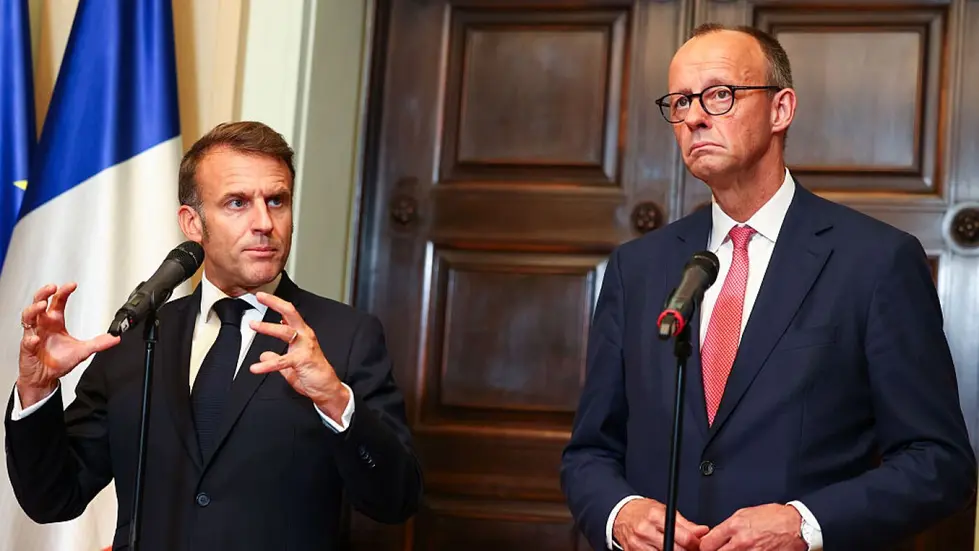
Ukraine included in Alaska peace talks
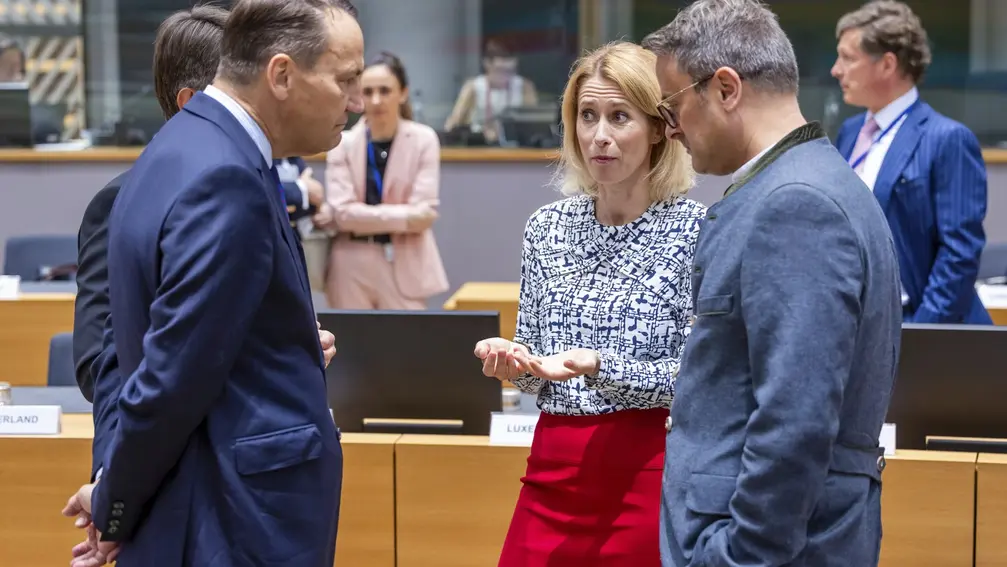
Alaska summit to test Ukraine sovereignty
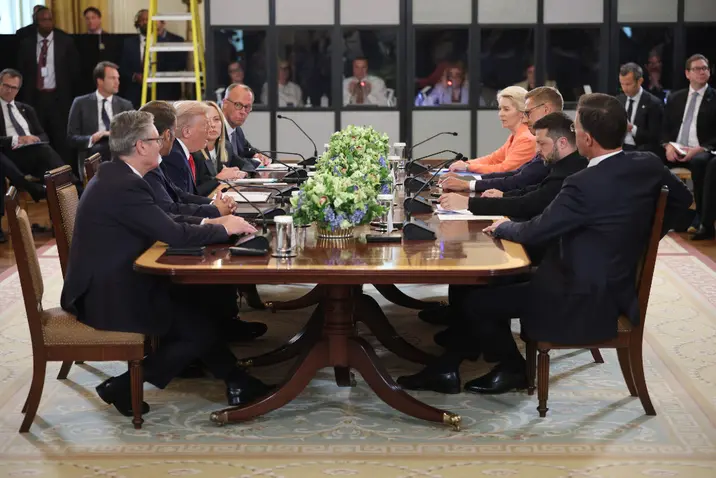
Ukraine Russia Deal Hinges on Western Backing
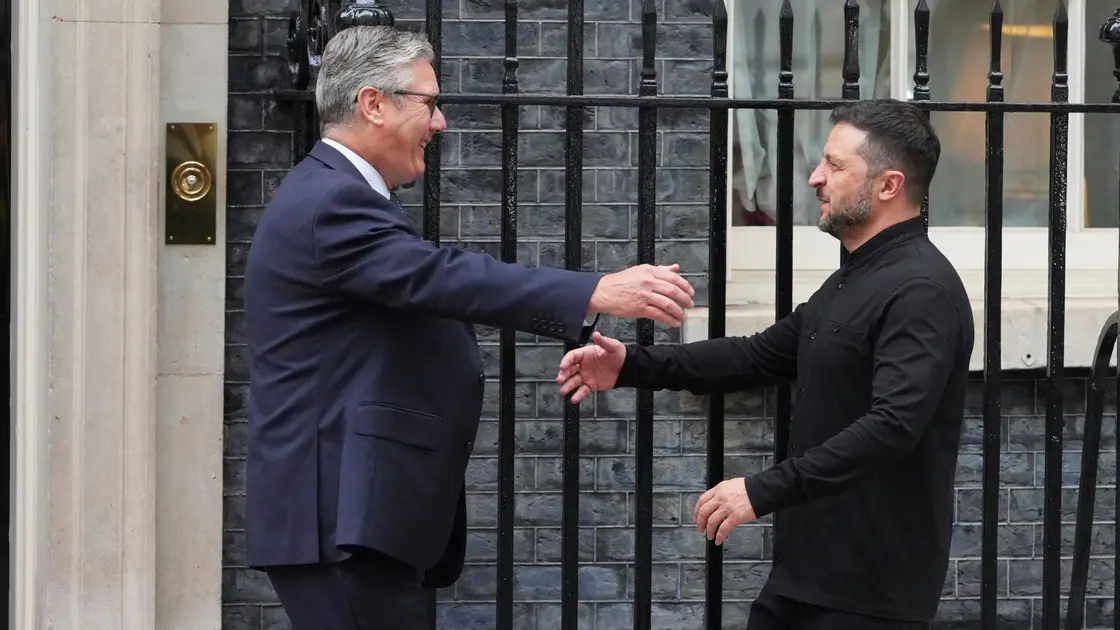
Zelenskyy to meet Trump with European partners
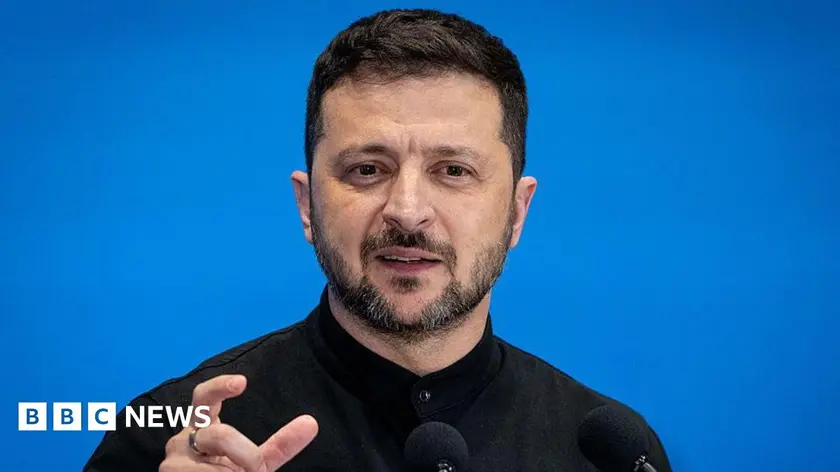
Diplomacy tests in Ukraine conflict as Trump pushes peace
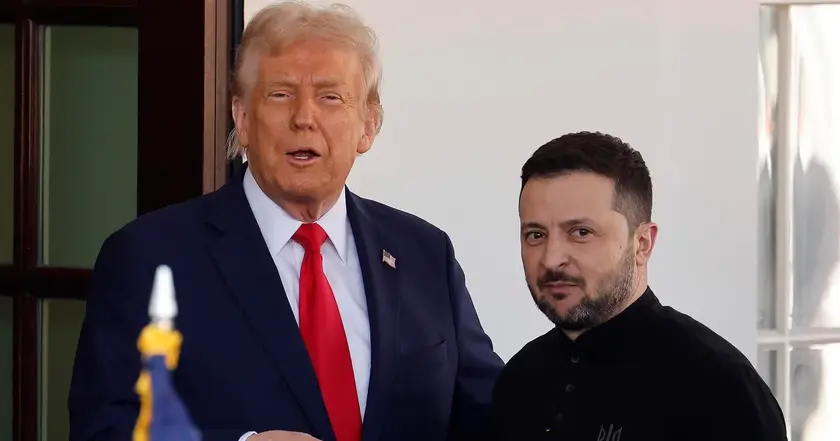
Diplomatic push starts before Alaska talks
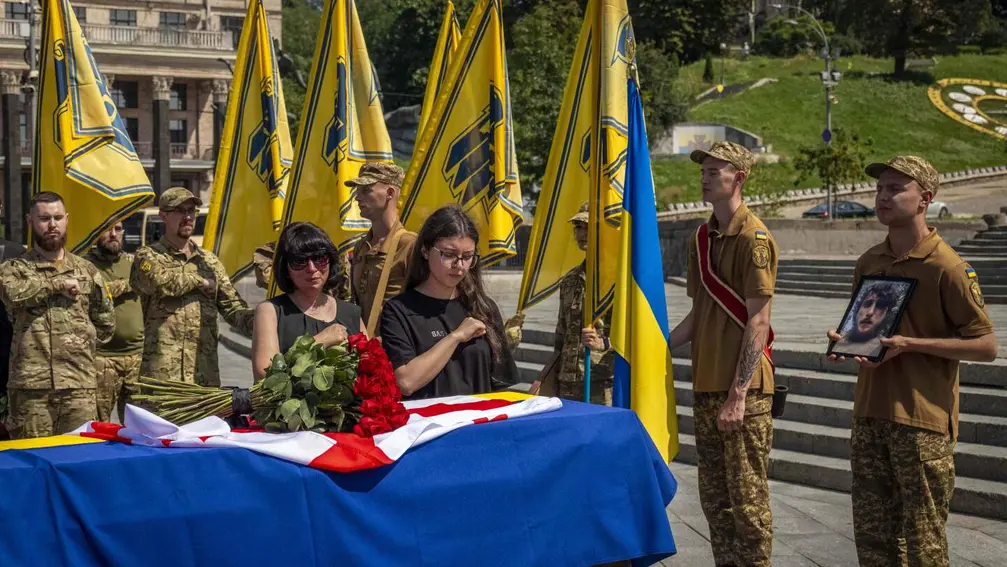
Ukraine unity shows in advance of Alaska talks
